On April 19, foreign ministers of the Group of Seven (G7) leading industrialized nations emphasized their commitment to combating sanctions evasion against North Korea.
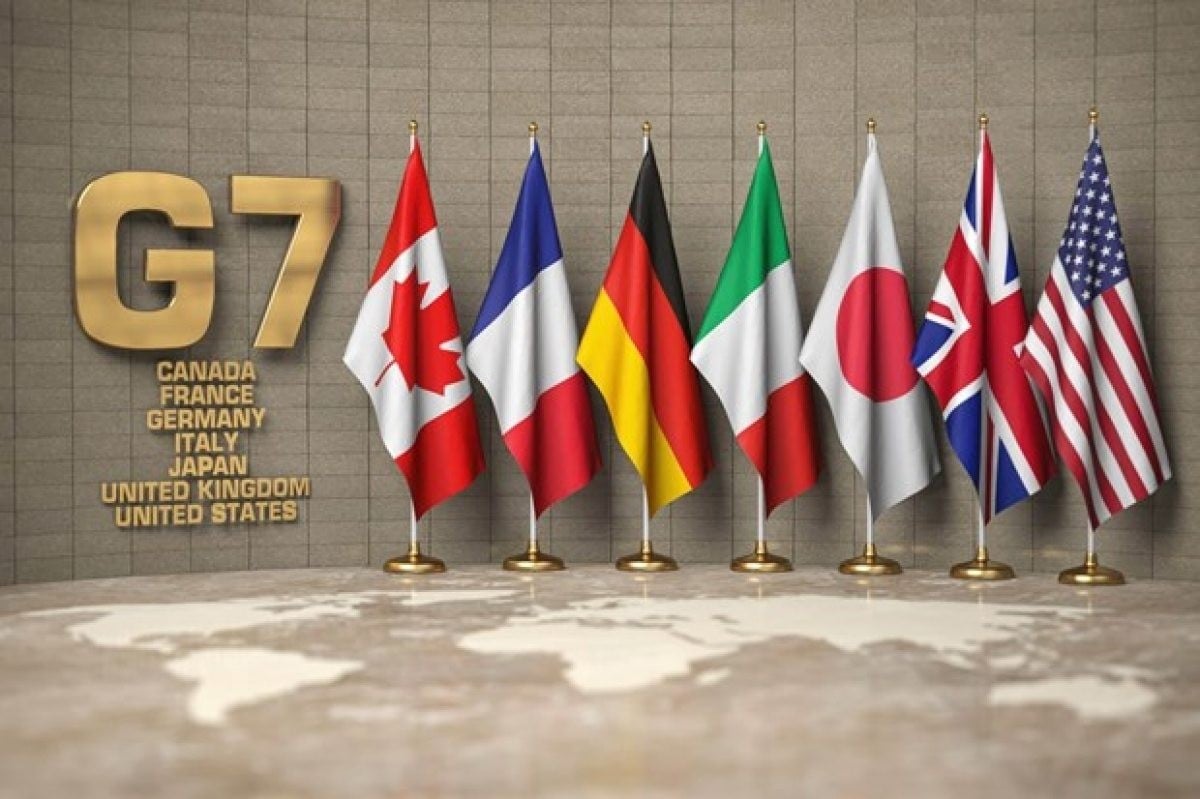 |
| The G7 has just issued a joint statement, expressing solidarity against a series of global challenges. (Source: Agenzia Nova) |
Foreign ministers from the United States, Britain, France, Germany, Canada, Japan and Italy as well as representatives of the European Union (EU) issued a joint statement expressing solidarity against a series of global challenges, including those from North Korea and China.
The mandate of the Group of Experts assisting the United Nations Security Council (UNSC) North Korea Sanctions Committee will end on April 30, after Russia vetoed a US-proposed resolution to extend its mandate last month.
In a statement, the G7 stressed: "Russia's veto of the resolution for another year will make it easier for North Korea to evade UN sanctions... We call on Russia and North Korea to immediately end such actions and comply with relevant resolutions. We reaffirm our commitment to combating sanctions evasion and strengthening enforcement. We will work harder to maintain this expert group."
The committee was established in 2006 under UN Security Council Resolution 1718, which included imposing a series of economic sanctions on North Korea.
The expert group, established in 2009, supports the work of the sanctions committee through in-depth analysis, in particular assessing cases of non-compliance.
Meanwhile, regarding the situation in North Korea, the Korean Central News Agency (KCNA) reported on April 20 that North Korea conducted a power test of a "super-large warhead" for a strategic cruise missile, as well as test-launched a new generation of air defense missiles this week.
North Korea conducted a test of a warhead designed for the strategic cruise missile Hwasal-1 Ra-3 and test-fired a new-generation anti-aircraft missile Pyoljji-1-2 in the Yellow Sea on April 19, KCNA said, noting that a “sure goal” was achieved through the test.
KCNA also said that this is the first time Pyongyang has named a missile "Pyoljji", which means "shooting star" in Korean. Both tests are part of the regular activities of the government and its affiliated defense science institutes for the rapid development of technology in various aspects such as tactical and technical performance as well as the operation of new-generation weapon systems, and are not related to the surrounding situation.
Meanwhile, the South Korean military said it detected several cruise missiles and anti-aircraft missiles launched toward the Yellow Sea at around 3:30 p.m. on April 19, and said it was analyzing detailed specifications.
“Our military has been closely monitoring signs of North Korea's provocations and military activities and maintaining a strong combined defense posture,” the South Korean Joint Chiefs of Staff said.
Source


![[Photo] 60th Anniversary of the Founding of the Vietnam Association of Photographic Artists](/_next/image?url=https%3A%2F%2Fvphoto.vietnam.vn%2Fthumb%2F1200x675%2Fvietnam%2Fresource%2FIMAGE%2F2025%2F12%2F05%2F1764935864512_a1-bnd-0841-9740-jpg.webp&w=3840&q=75)

![[Photo] National Assembly Chairman Tran Thanh Man attends the VinFuture 2025 Award Ceremony](/_next/image?url=https%3A%2F%2Fvphoto.vietnam.vn%2Fthumb%2F1200x675%2Fvietnam%2Fresource%2FIMAGE%2F2025%2F12%2F05%2F1764951162416_2628509768338816493-6995-jpg.webp&w=3840&q=75)



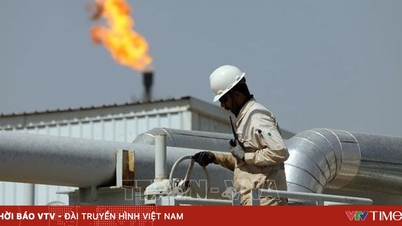

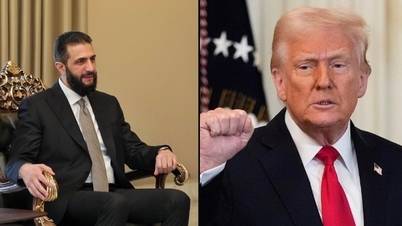



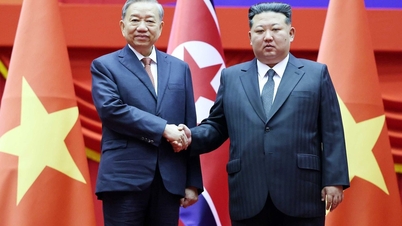

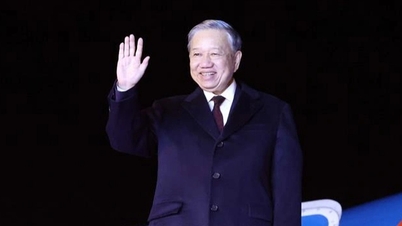

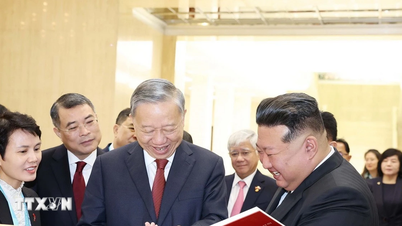

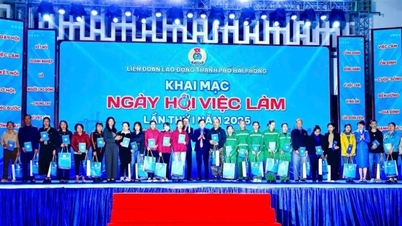


![[VIDEO] Save the Children helps children in Bac Ninh return to life soon after natural disasters](https://vphoto.vietnam.vn/thumb/402x226/vietnam/resource/IMAGE/2025/12/06/1765004276755_cu-u-tro-bn-2-cover20251206131142.jpeg)
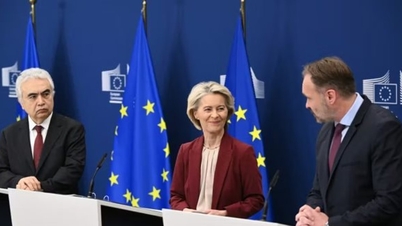






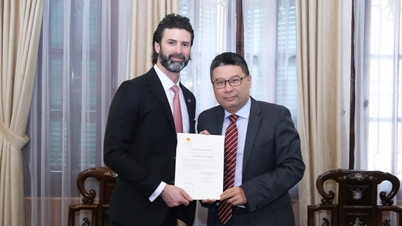
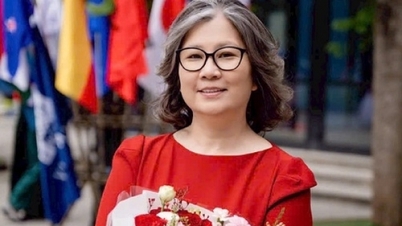

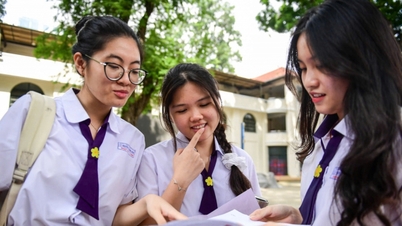
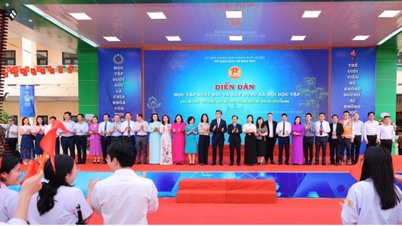



















































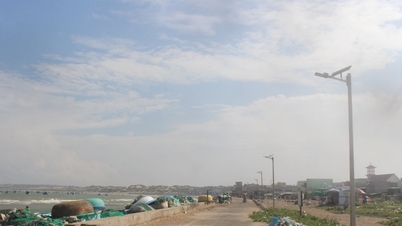


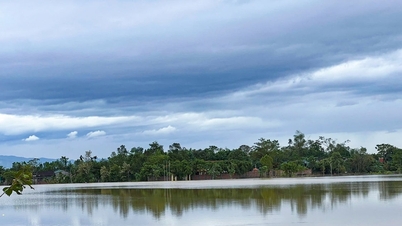




















Comment (0)